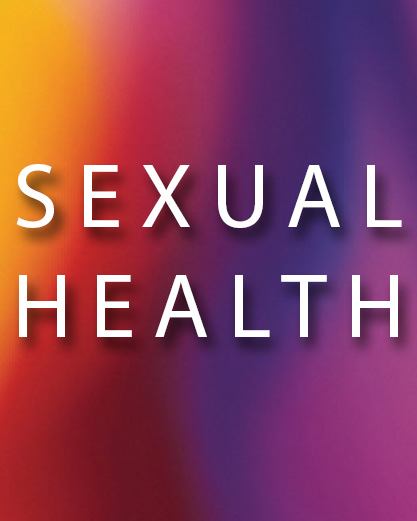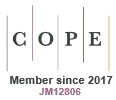SH25076A scoping review of parent-based barriers to parent–child communication about sexuality
 , Shannon D. Scott
, Shannon D. Scott  , Amber Hussain, Tammy Lu, Farah Bandali, Sheila McDonald, Lisa Allen Scott, Sonia Sultan and Megan Kennedy
, Amber Hussain, Tammy Lu, Farah Bandali, Sheila McDonald, Lisa Allen Scott, Sonia Sultan and Megan Kennedy
Open and supportive communication between parents and children about sexuality is vital for children’s well-being, yet many families struggle to have these important conversations. In our review of 59 studies, we found that parents face major barriers, such as discomfort, lack of knowledge, cultural norms and fear of judgment, that limit effective sexuality education at home. Tackling these barriers through culturally sensitive support and inclusive resources is essential for improving sexual health outcomes for all children and youth, especially those from marginalized communities.
SH25076 Abstract | SH25076 Full Text | SH25076PDF (516 KB) | SH25076Supplementary Material (846 KB) Open Access Article




